Our daily lives are significantly impacted by electrical engineering, which is also the driving force behind many of the modern technological advancements. Electrical engineering is primarily concerned with the study and design of electronic, electromagnetic, and electrically powered machinery and apparatus.
Electrical experts worked hard to make it possible for you to turn on a light switch in your home or even check the time on your smartphone. The commonplace conveniences that we take for granted, such as the ability to turn on a light in the dark, are the product of countless hours of labour by numerous skilled engineers.
This article briefs you about what is electrical engineering, how to start with the electrical engineering projects, why doing electrical projects for final year are so important, how to choose the electrical projects for final year, final year project ideas for electrical engineering based on the electrical engineering projects done by Takeoff Projects.
What is Electrical Engineering?
The study, design, and implementation of machinery, gadgets, and systems utilising electricity, electronics, and electromagnetic are the focus of the engineering field known as electrical engineering.
Electronics, photovoltaic cells, computer engineering, systems engineering, power engineering, telecommunications, radio-frequency engineering, signal processing, instrumentation, and optics and photonics are just a few of the many subfields of electrical engineering that exist today.
Why to do Mini Projects for Electrical Engineering?
Mini project is a task you attempt to do at the conclusion of a semester, particularly in engineering to deepen your comprehension of the foundations through practical application of theoretical principles. Although there are distinct academic points for each mini project you finish, very few students choose to work on a project because they are passionate about it. A little project can help students develop their talents and broaden their perspective.
Students looking to get a core job in the electrical sector should possess a sound technical knowledge and must be able to solve any real life or application-oriented problems. For that they should be well-informed about the basics in electrical field and must be able to do a good mini project for electrical engineering in the final year. Therefore, the mini project ideas for electrical engineering students are covered in this blog for them to refer.
How to Select the Mini Projects for Electrical Students
Despite all of your limitations, the following are some suggestions you may utilise to choose a quality small project:
Analyze the most recent technological advances.
Concentrate your mini-project on a social problem.
Assess its viability.
Learn more about mini-projects completed by your seniors.
Consult scholarly research journals.
Seek professional support as and whenever necessary.
Work with professionals like Takeoff Projects, whose ideas and projects will help you to create fantastic mini-projects.
Few Mini Projects for Electrical Students
Electrical Engineering Mini Projects are normally done by UG students and PG students during the duration of their course. This helps them to improve their technical knowledge in the core field. Hence it is important for them to do major projects for electrical engineering in their final year itself.
This section gives the final year project ideas for electrical engineering based on the brief descriptions and explanations about the few electrical projects for final year done by the Takeoff Projects.
Improved Mppt Method To Increase Accuracy And Speed In Photovoltaic Systems Under Variable Atmospheric Conditions
In this review, a most extreme power point following (MPPT) strategy has been created which depends on essentially two sections: the initial segment is adjusting estimation block for the reference voltage point of MPPT and the subsequent one is Fuzzy Logic Controller (FLC) block to change the obligation pattern of PWM applied switch (Mosfet) of the DC converter.
Click here for the detailed information of project.
Modeling Of An Intelligent Battery Controller For Standalone Solar-wind Hybrid Distributed Generation System
A standalone hybrid wind and solar energy system is employed in this project. Due to the intermittent nature of renewable energy sources, the dependability of the power system is lowered when a single renewable energy source is used to generate electricity. To solve the issue, the storage system had to be extremely massive, which raised system costs overall and significantly decreased flexibility.
Click here for the detailed information of project.
A Coordinated Control Of Hybrid Ac/dc Microgrids With Pv-wind-battery Under Variable Generation And Load Conditions
The coordinated control technique for a micro-grid with hybrid energy supplies and ac/dc loads is suggested in this research. The model predictive power and voltage control (MPPVC) method is developed for the ac/dc interlinking converter to provide high quality voltages and to ensure smooth power transfer between the dc and ac subgrids. Next, a local-level coordinated control strategy of distributed converters is presented.
Click here for the detailed information of project.
Hybrid And Adaptive Sectors P&o Mppt Algorithm Based Wind Generation System
In order to address the shortcomings of traditional step-size perturb and observe (CPO) algorithms and enhance the tracking performance of variable step-size perturb and observe (VS-PO) algorithms, this article proposes new adaptive perturb and observe (AD-PO) and hybrid perturb and observe (HB-PO) MPPT algorithms based on the variable speed - wind energy conversion system (WECS). The power-speed (P-u) curve is divided into modular sectors by the AD-PO and HB-PO algorithms by calculating the separation between the actual and ideal rotor speed.
Click here for the detailed information of project.
Improvement Control Of Photovoltaic Based Water Pumping System Without Energy Storage
This study describes a straightforward standalone induction motor-based PVWPS that pumps water without the necessity of chemical energy storage. The improvement of pumping system control performance is the goal of this work. The suggested approach relies on an indirect field-oriented control (IFOC), which involves running the motor at its optimal flux while minimising induction motor losses. To get the most power out of the PV panel, the perturb and observe (P&O) technique is applied.
Click here for the detailed information of project.
Also read : IEEE Projects for Electrical Engineering
Top Mini Projects for Electrical Students
You can refer to these mini project ideas for electrical engineering so that you can get some clarity in doing your mini projects for electrical engineering.
Load Control System Using Dtmf Displaying Moving Message On Notice Board Using Pc
Modeling and Simulation of Incremental Conductance MPPT Algorithm for Photovoltaic Applications
Check for more Mini Project Ideas for Electrical Engineering here.
Conclusion
This blog article gives you about some basic concepts of electrical engineering. Then the reason behind their significance is also stressed in “Why to do Mini Projects for Electrical Engineering”. Then it gives details about how to select the mini projects for electrical students. Then the mini project ideas for electrical engineering based on the mini projects for electrical engineering done by Takeoff Projects provided at the end.
Why Takeoff Projects? How can it help with the Mini Projects for Electrical Engineering?
An area of competence for specialists and professionals at Takeoff Projects is electrical and electronics. Many students have received assistance from Takeoff Projects in finishing their projects from a variety of industries. Your mini projects for electrical engineering can be successfully completed by us in the allotted period. We also provide advice on how to improve the likelihood so that your present mini projects for electrical engineering can be accepted. You can select your own electrical project ideas or receive inspiration from our collection of mini project ideas for electrical engineering.
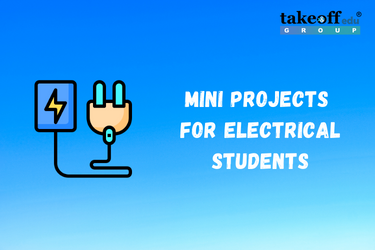
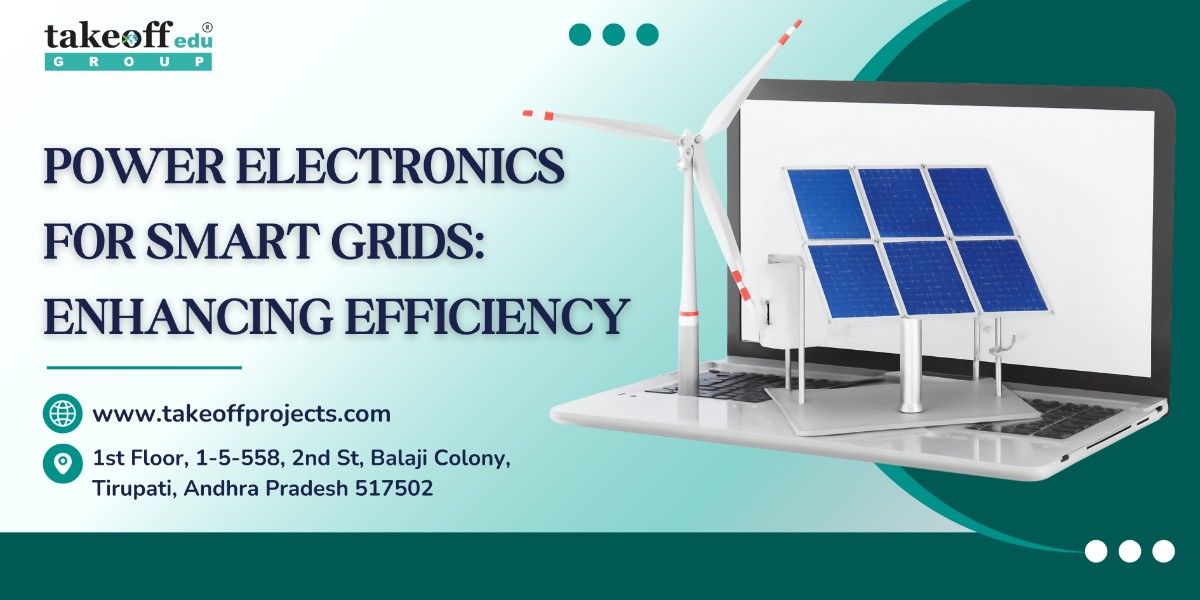 Power Electronics for Smart Grids: Enhancing Efficiency
Power Electronics for Smart Grids: Enhancing Efficiency  Introduction to Control Systems: Principles and Applications
Introduction to Control Systems: Principles and Applications 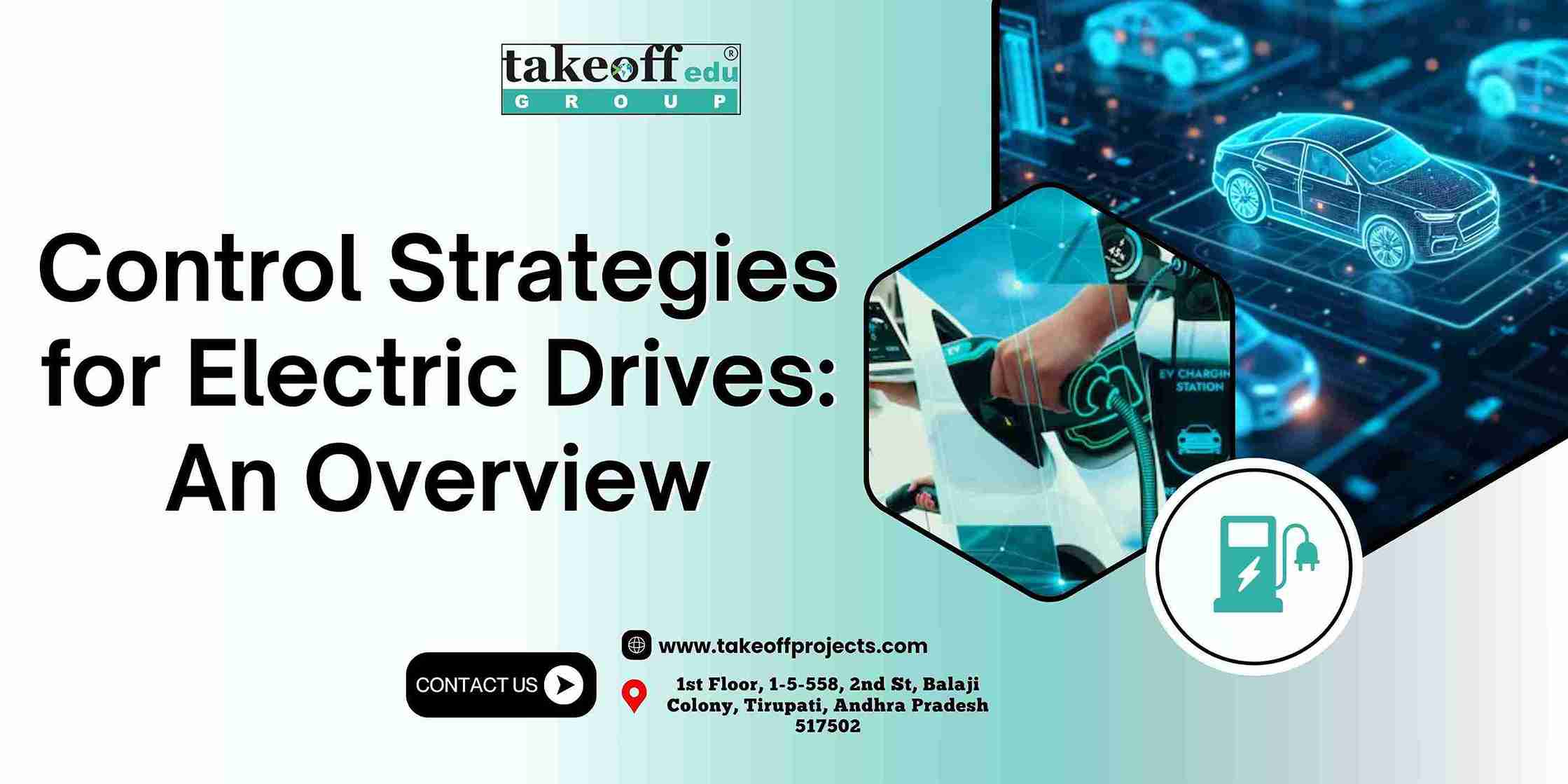 Control Strategies for Electric Drives: An Overview
Control Strategies for Electric Drives: An Overview  Electric Drives: Fundamentals & Key Components
Electric Drives: Fundamentals & Key Components 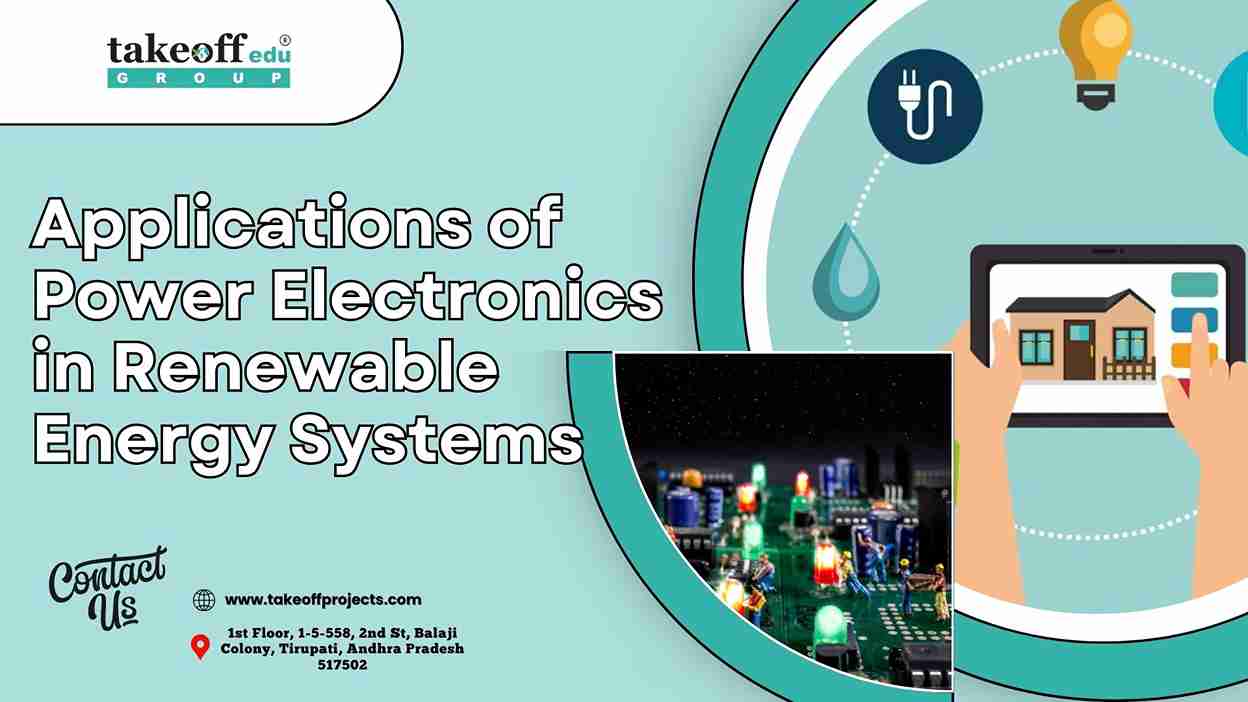 Applications of Power Electronics in Renewable Energy Systems
Applications of Power Electronics in Renewable Energy Systems 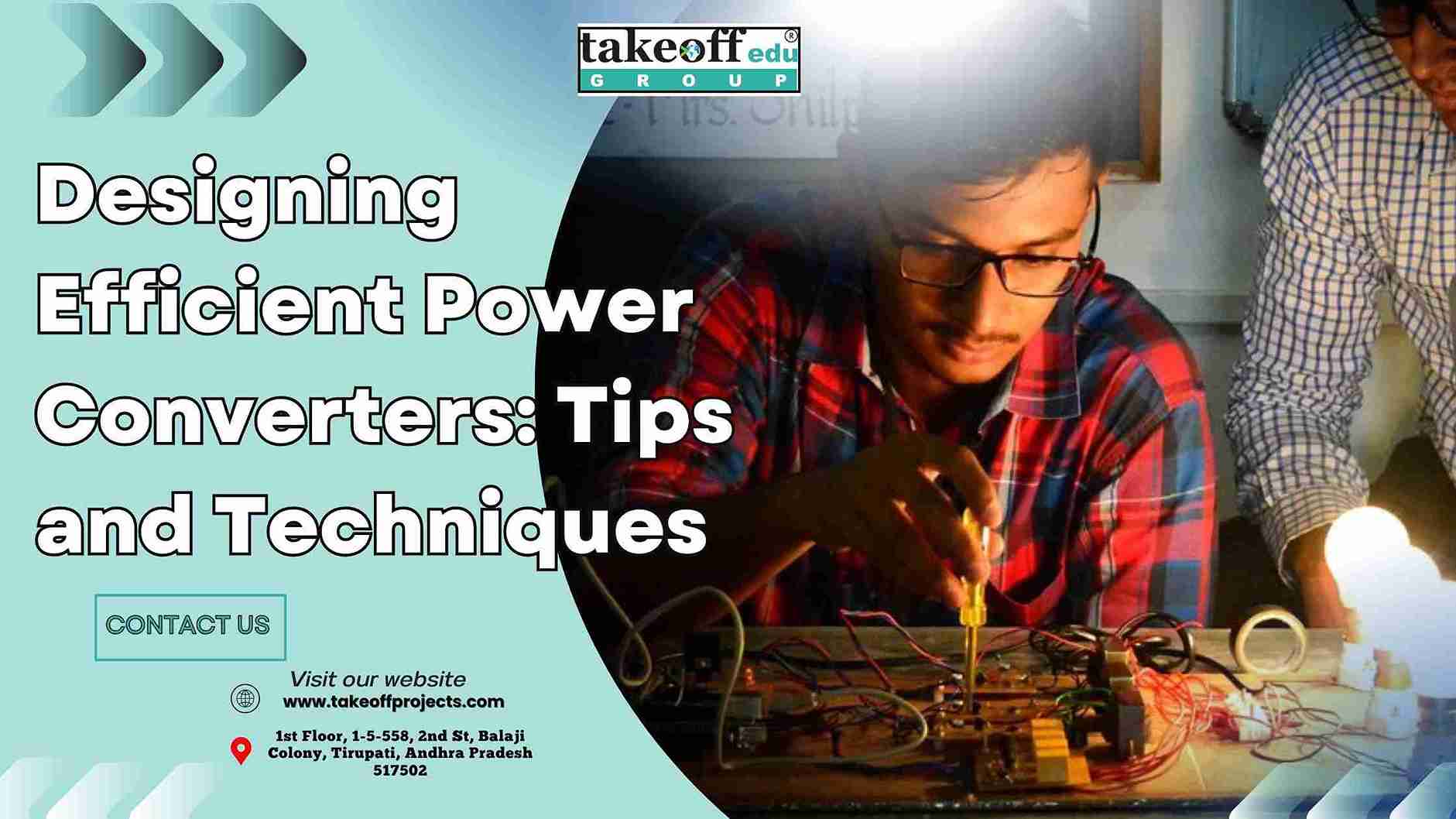 Designing Efficient Power Converters: Tips and Techniques
Designing Efficient Power Converters: Tips and Techniques 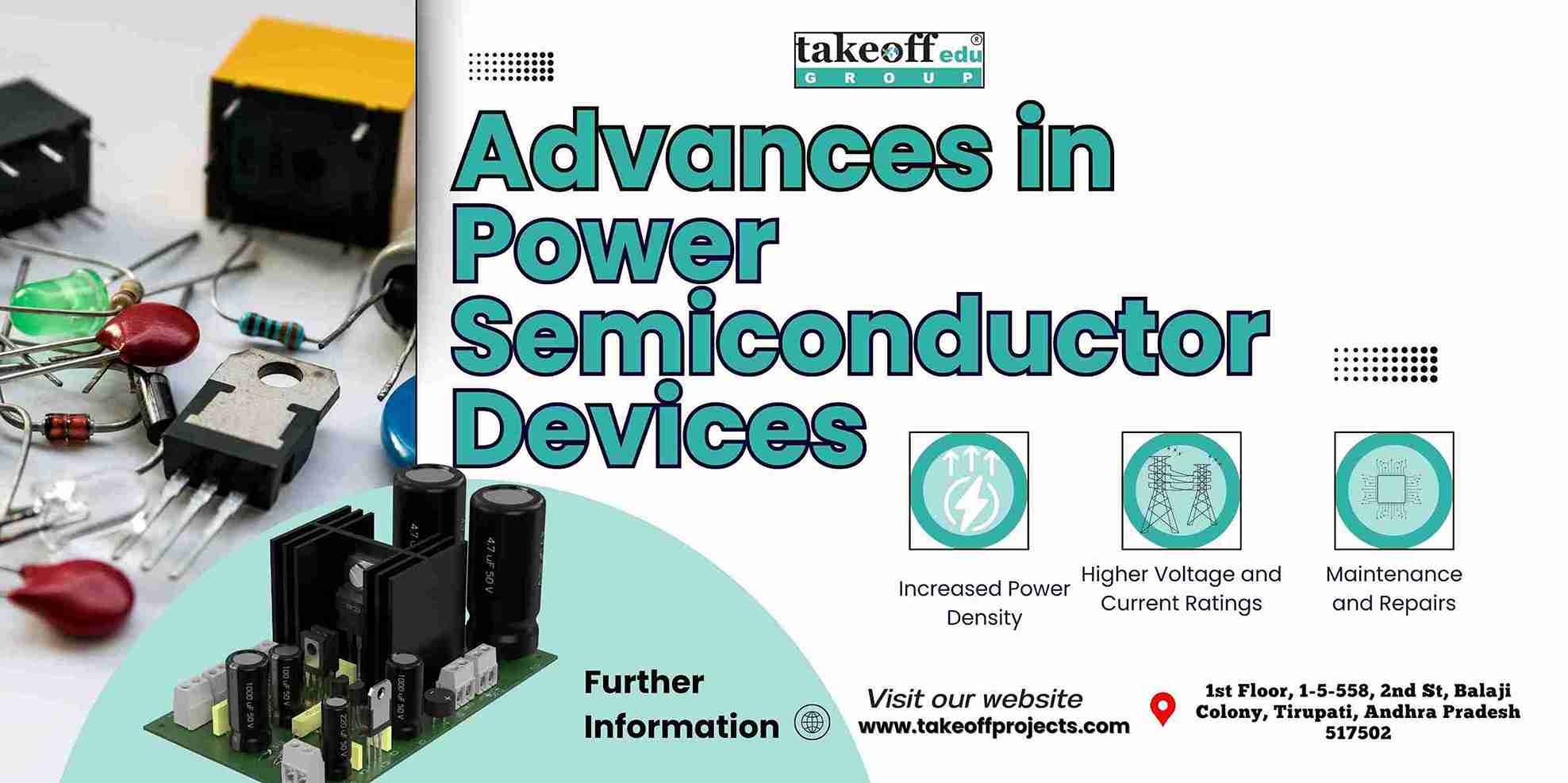 Advances in Power Semiconductor Devices
Advances in Power Semiconductor Devices 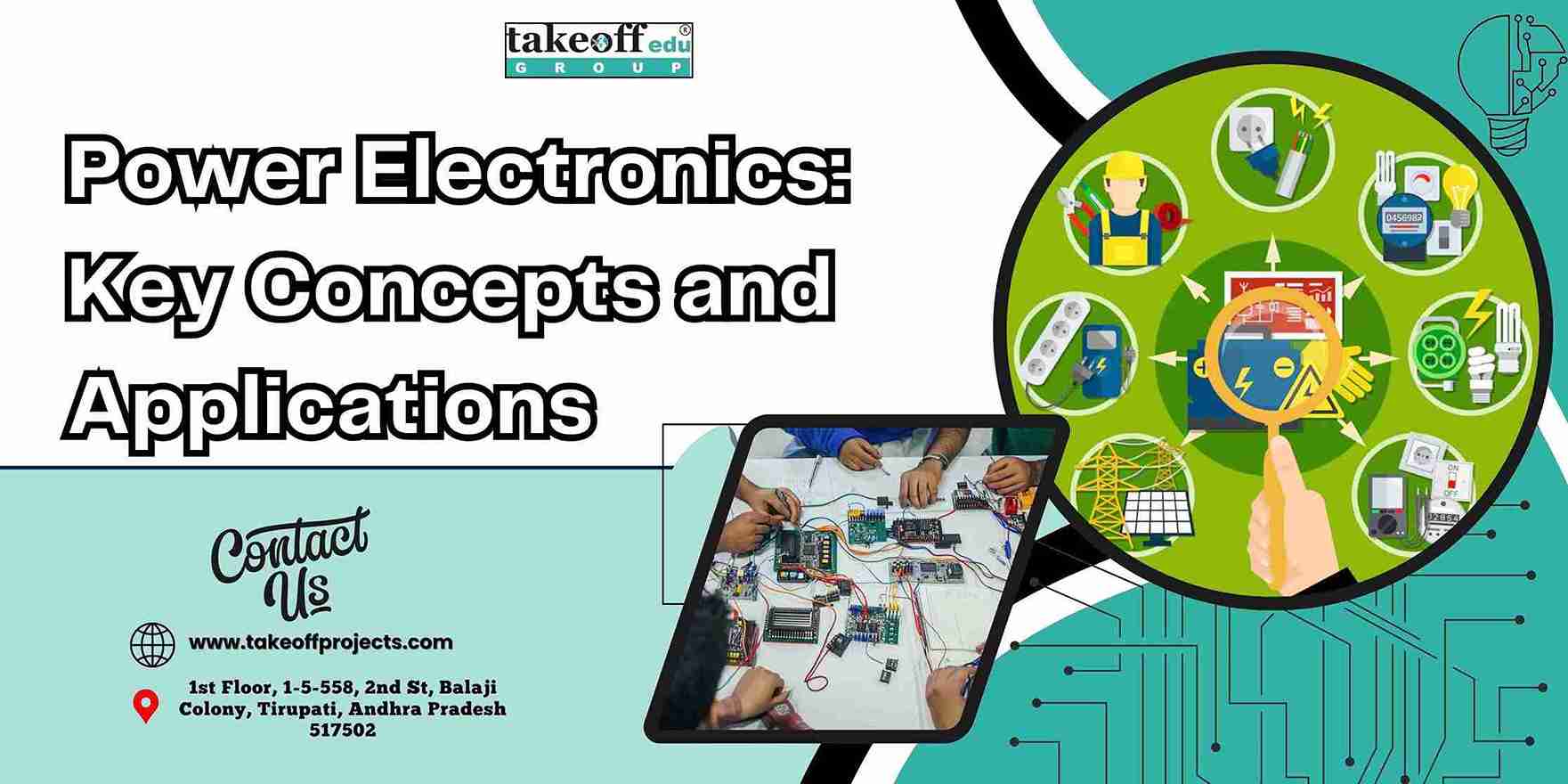 Power Electronics: Key Concepts and Applications
Power Electronics: Key Concepts and Applications  Cybersecurity in Power Systems: Protecting Critical Infrastructure
Cybersecurity in Power Systems: Protecting Critical Infrastructure 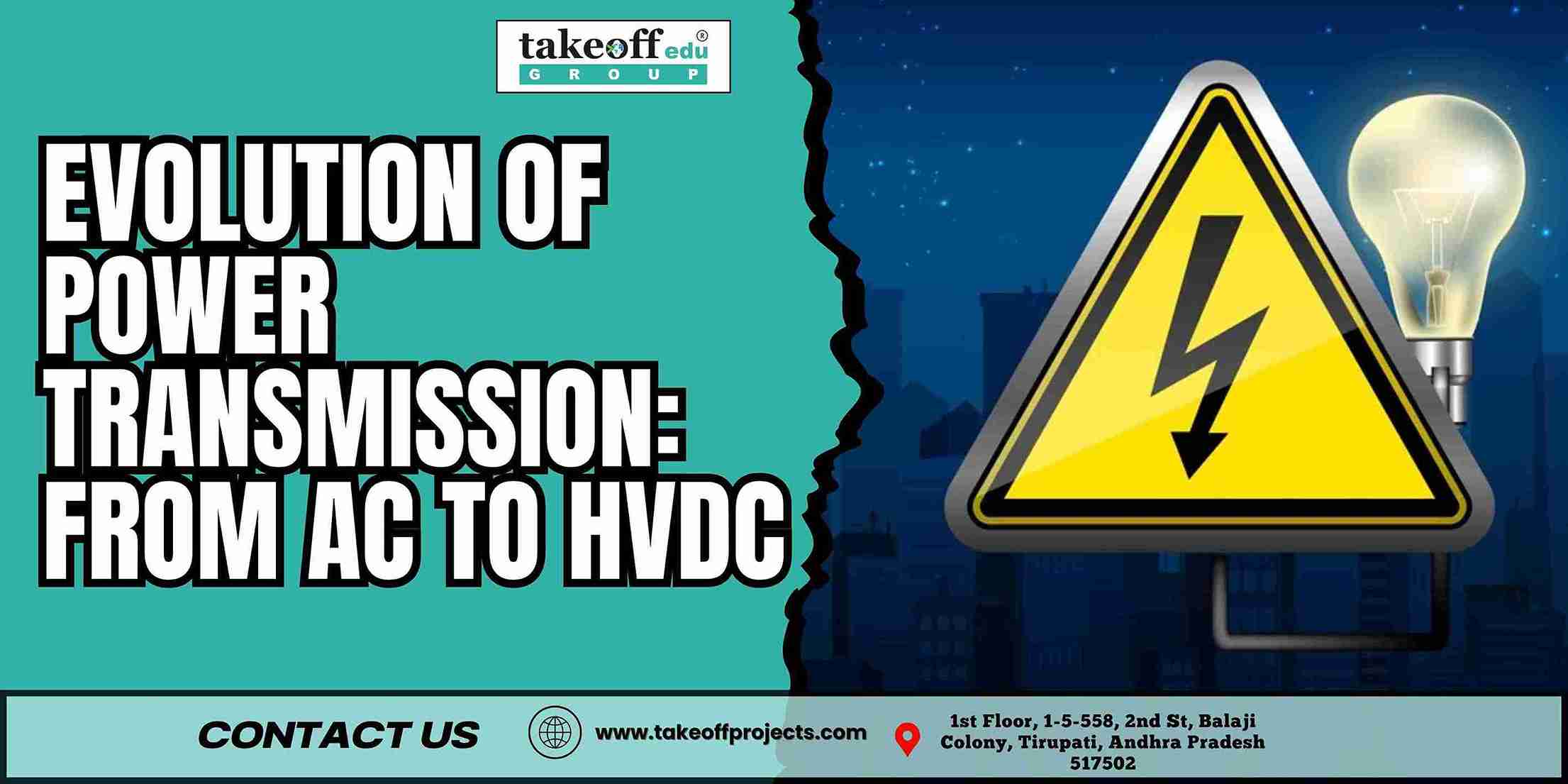 The Evolution of Power Transmission: From AC to HVDC
The Evolution of Power Transmission: From AC to HVDC  Impact of Energy Storage on Power System Management
Impact of Energy Storage on Power System Management 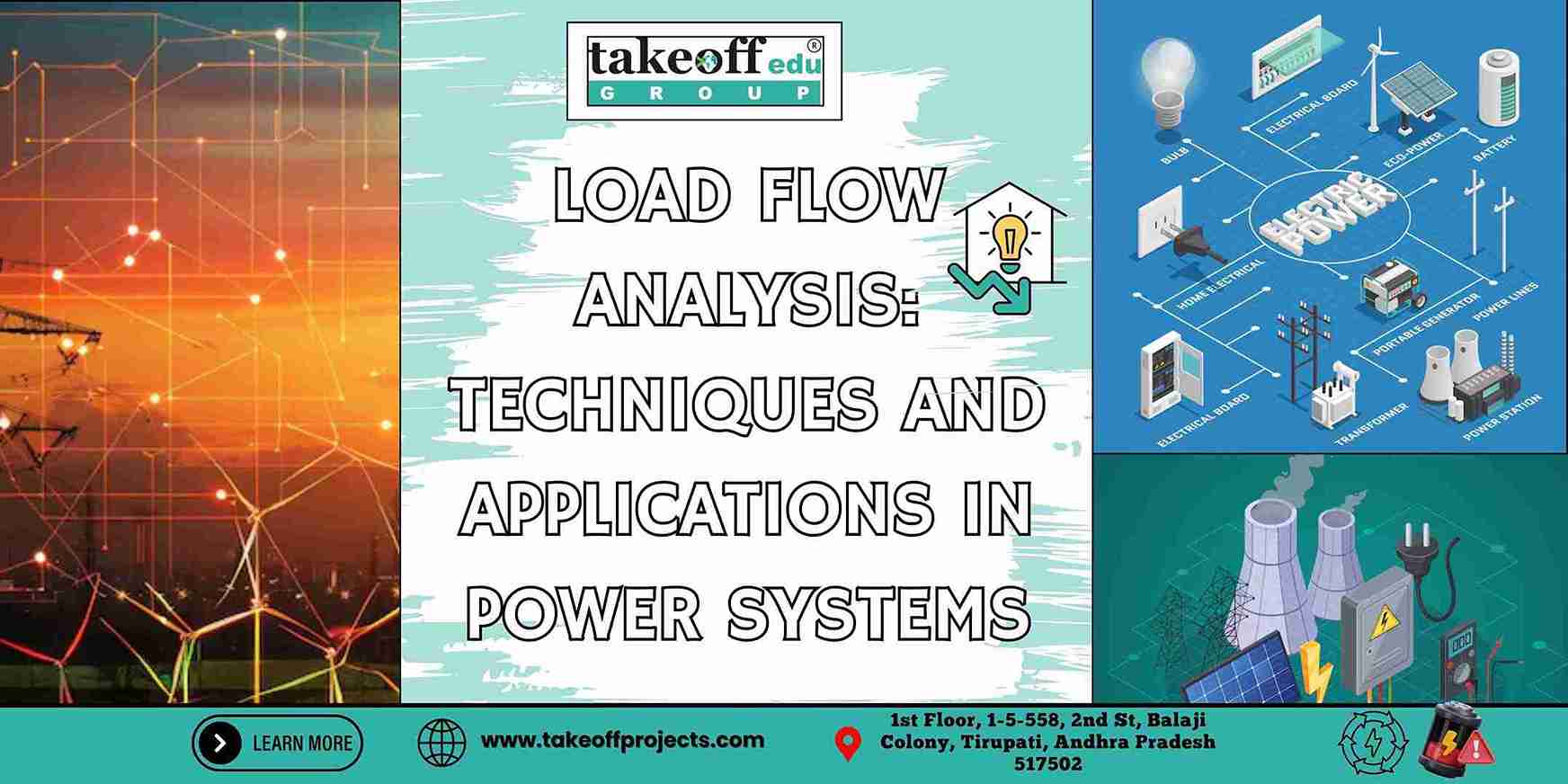 Load Flow Analysis : Techniques and Applications in Power Systems
Load Flow Analysis : Techniques and Applications in Power Systems 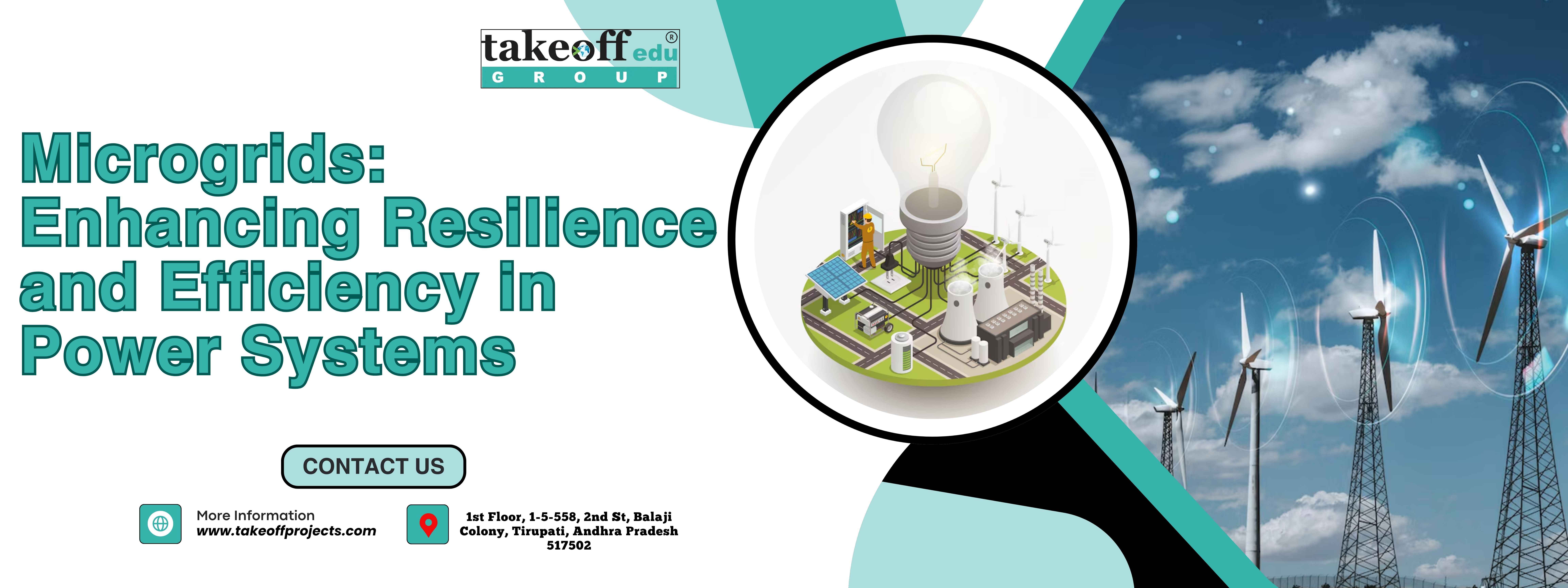 Microgrids: Enhancing Resilience and Efficiency in Power Systems
Microgrids: Enhancing Resilience and Efficiency in Power Systems 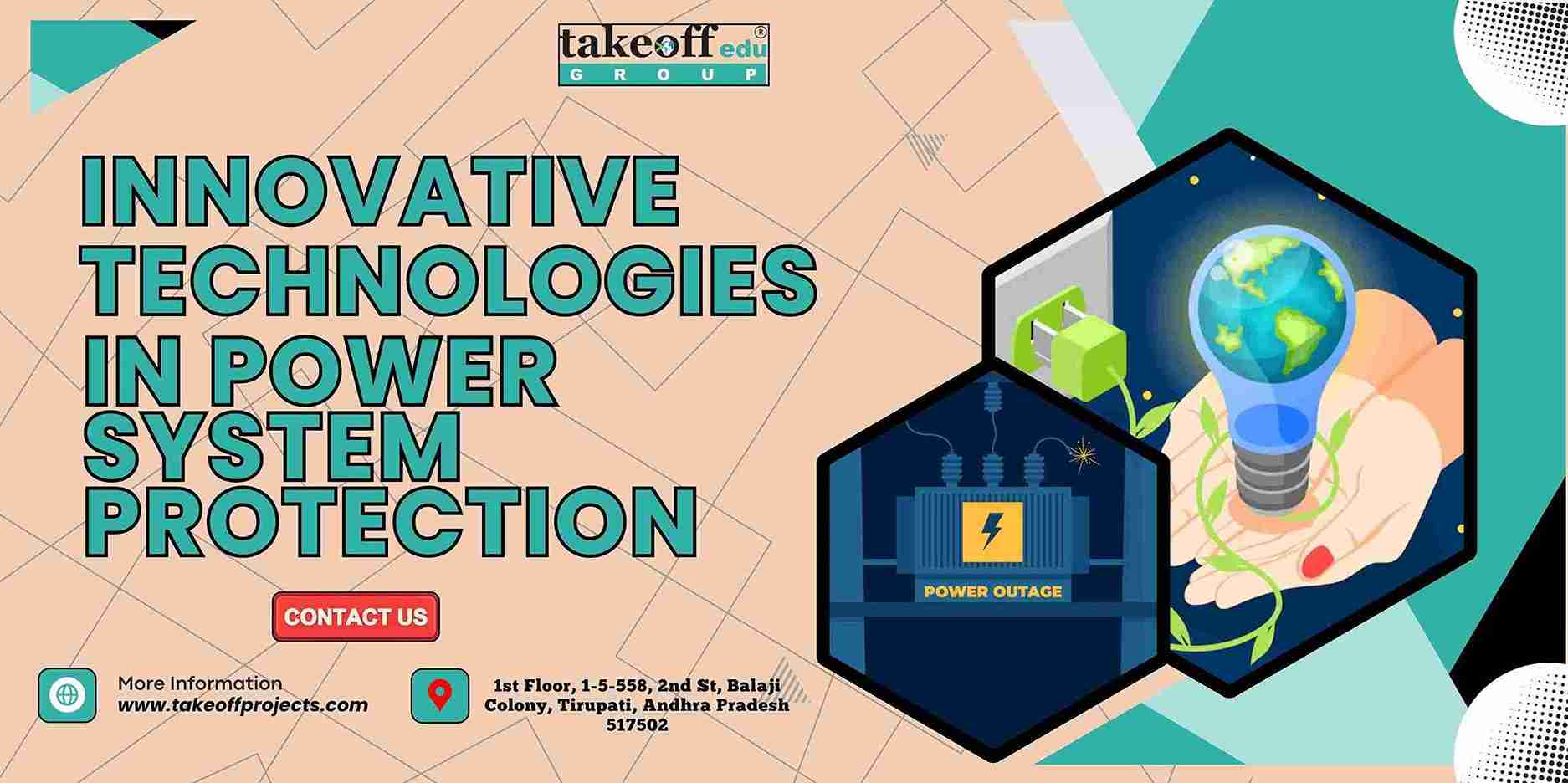 Innovative Technologies in Power System Protection
Innovative Technologies in Power System Protection  Challenges and Solutions in Power System Stability
Challenges and Solutions in Power System Stability 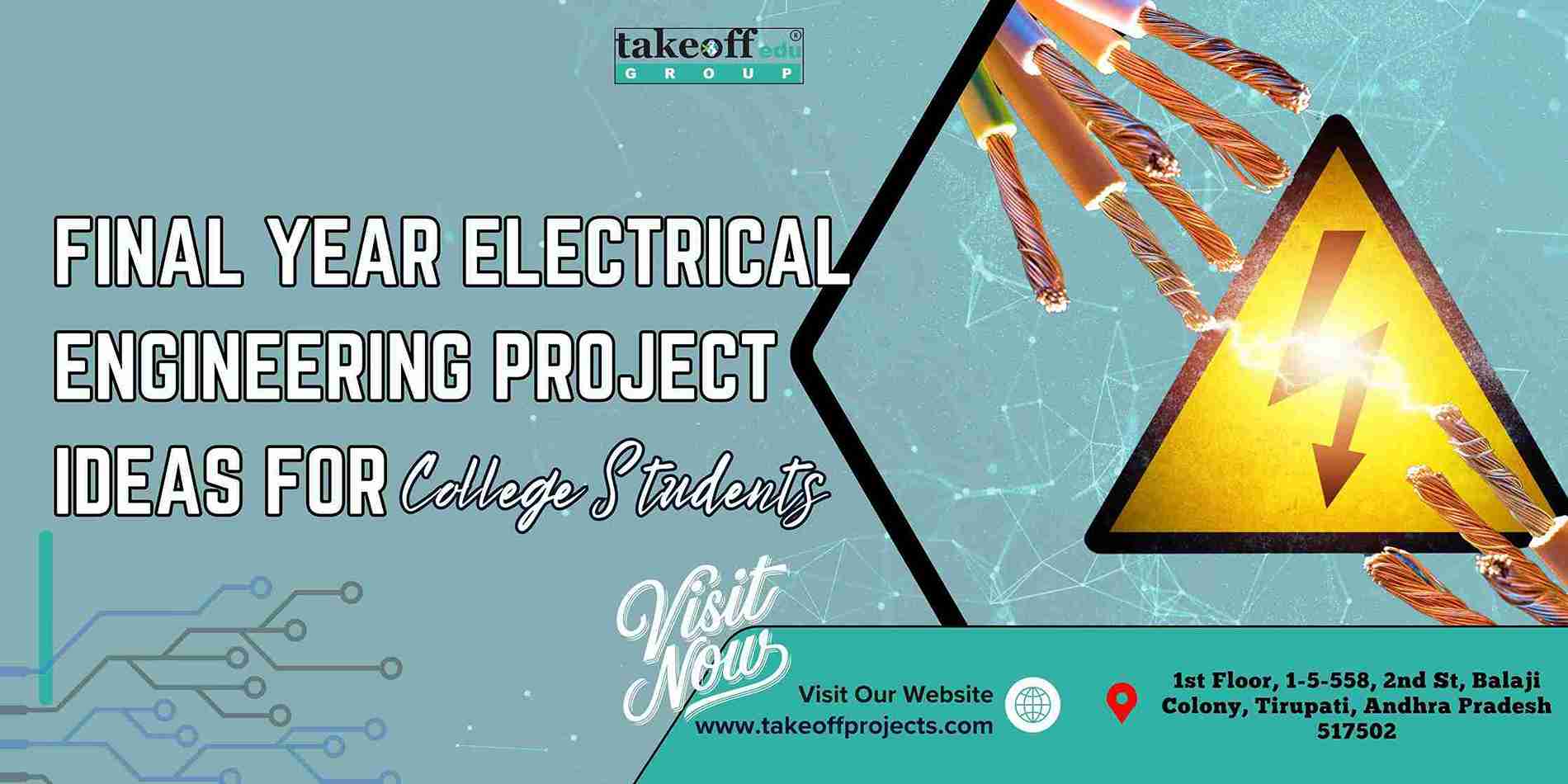 Final Year Electrical Engineering Project Ideas for College Students
Final Year Electrical Engineering Project Ideas for College Students  The Role of Renewable Energy in Modern Power Systems
The Role of Renewable Energy in Modern Power Systems 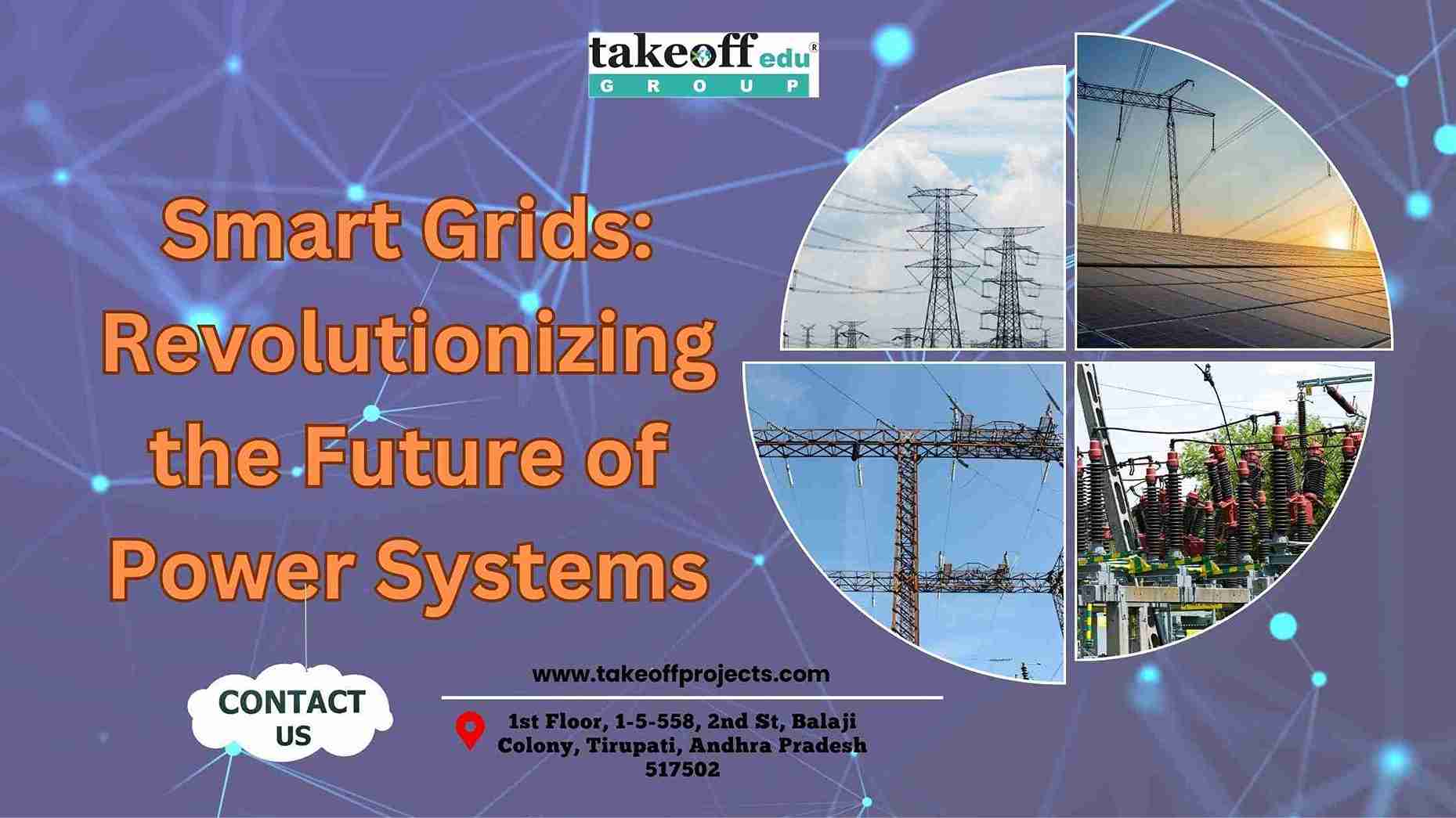 Smart Grids: Revolutionizing the Future of Power Systems
Smart Grids: Revolutionizing the Future of Power Systems 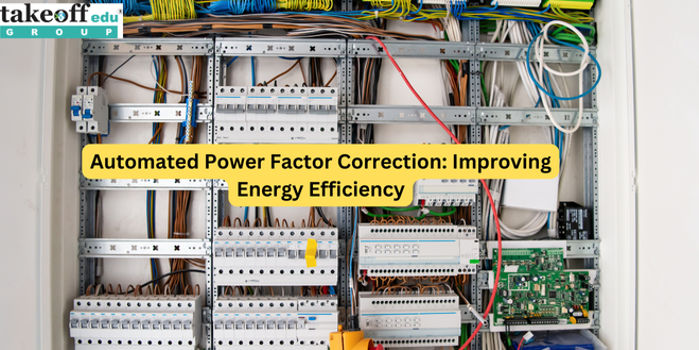 Automated Power Factor Correction: Improving Energy Efficiency
Automated Power Factor Correction: Improving Energy Efficiency 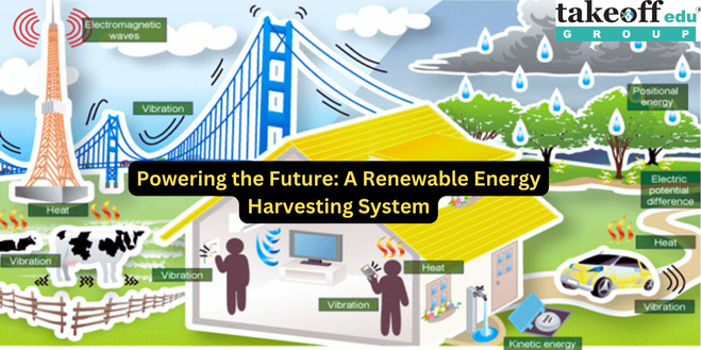 Powering the Future: A Renewable Energy Harvesting System
Powering the Future: A Renewable Energy Harvesting System 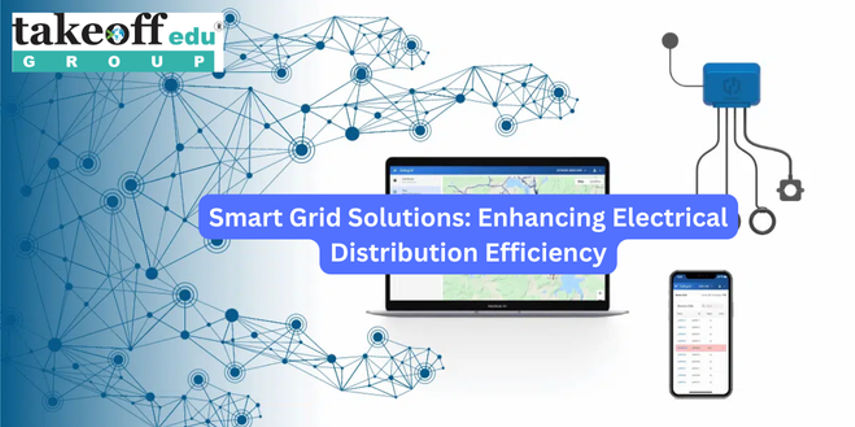 Smart Grid Solutions: Enhancing Electrical Distribution Efficiency
Smart Grid Solutions: Enhancing Electrical Distribution Efficiency 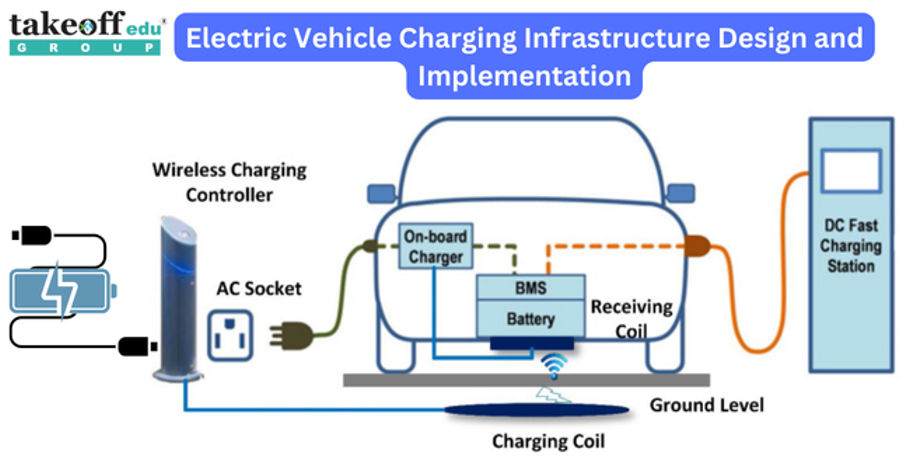 Electric Vehicle Charging Infrastructure Design and Implementation
Electric Vehicle Charging Infrastructure Design and Implementation 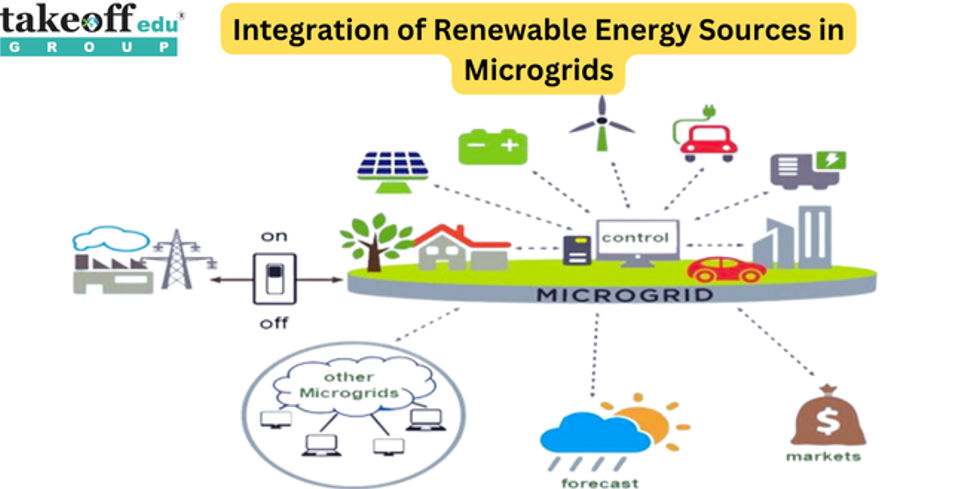 Integration of Renewable Energy Sources in Microgrids
Integration of Renewable Energy Sources in Microgrids 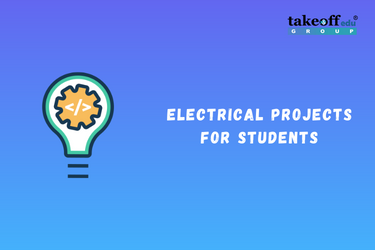 Electrical Projects Engineering Students
Electrical Projects Engineering Students  M.Tech Thermal Engineering Projects
M.Tech Thermal Engineering Projects  IEEE Projects for Electrical Engineering
IEEE Projects for Electrical Engineering  Mini Projects for EEE
Mini Projects for EEE  Top Electrical Projects for Final Year Students
Top Electrical Projects for Final Year Students 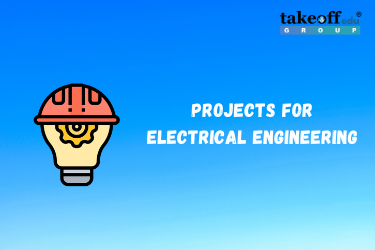 10 Interesting Projects for Electrical Engineering Students 2022
10 Interesting Projects for Electrical Engineering Students 2022  7 Trending Power Systems Based Projects for EEE
7 Trending Power Systems Based Projects for EEE  Top 10 Power Electronics Projects for EEE
Top 10 Power Electronics Projects for EEE 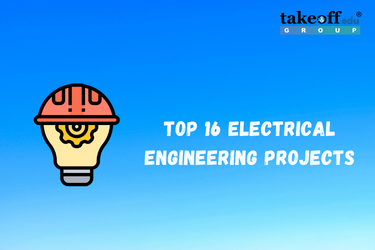 Top 16 Electrical Engineering Projects
Top 16 Electrical Engineering Projects 
 Paper Publishing
Paper Publishing


